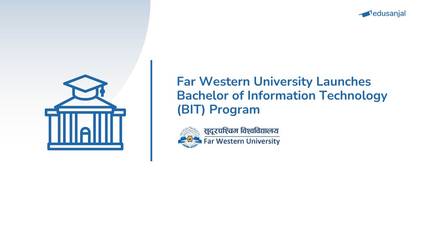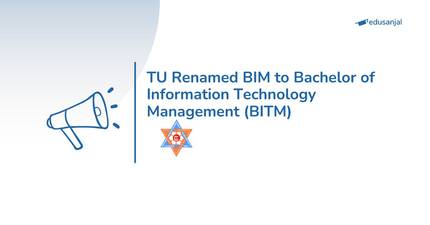Government of Nepal is planning to unveil much anticipated Higher Education Policy, drafted by Ministry of Education (MoE). The policy aims to reform Higher Education in Nepal and has suggested some major changes, which if implemented will remodel the education sector of Nepal.
This Education Policy aims to make higher education more accessible, competitive, effective, qualitative, research-oriented and well-managed, the document says, adding that the policy will also support the effective management and application of an umbrella Act.
There are 96 constituent and 1,180 affiliated colleges under nine universities and four health science institutes providing higher education in Nepal. According to MoE, 118 educational programmes are also being run after obtaining affiliation from different foreign universities.
Some of the proposed major changes are as follows:
1. Autonomous Quality Assurance and Accreditation Board: This board will prepare a national quality format for the educational institutions.
2. Higher Education Commission: The existing University Grant Commission (UGC) will be converted into the Higher Education Commission that will work in close coordination with the Higher Education Division at the MoE.
3. Local institutions having foreign affiliation must have fulltime teachers, staff and managers, while authorized foreign educational institutions could get affiliation on the basis of their quality assurance and accreditation certificates, it adds.
4. National Curriculum Board: This board will design and update the education curriculum and manage tasks ranging from course equivalence to mutual recognition of degrees and credit transfer.
5. National Distribution Grid: It will regulate the new universities and existing higher education providing institutions. Specific criteria will also be fixed to provide government assistance and fund to the universities. A joint mechanism of HEC, MoE, Ministry of Finance and National Planning Commission will set criteria to open new universities.
6. National evaluation system to test the basic qualification of teachers.
7. Pointing out an urgent need to discourage political influences and unhealthy practices in education sector, the proposed policy states that operation, financing and affiliation of institutions should be done in a free and fair manner with educational institutions abiding by due procedures.
8. Pre-admission aptitude test: School leaving certificates (SLC) will not be enough for higher education aspirants to get admission in colleges until they clear pre-admission aptitude test and meet merit-based criteria.
9. Authorities will also fix specific criteria and standards to regulate academic calendar focusing on evaluation, monitoring and supervision activities in the institutions, states the document.
10. Community and private sectors will be encouraged to open educational institutions by giving high priority to the organizational development grid and national importance. “Field study and detailed evaluation report will be the major basis of granting affiliation to the colleges,” it adds. Policy document has also proposed to open distance learning schemes for those who don’t have proper access to higher education.
11. Highlighting the need to link higher education to productive and service sectors, the policy adds that education programmes run by institutions need to produce at least 33 per cent technical human resources.
12. According to the policy, HEC will coordinate with concerned institutions to encourage them on multi-sectoral studies, including water resources and hydropower, natural disaster management, climate and natural environment, biodiversity, tourism and mountaineering, as well as national heritage and culture.
Most development partners, including the World Bank, time and again informed the government that they found it hard to release education development assistance to Nepal due to lack of higher education policy.
Ministry officials hope that the policy will come into force soon to address the concerns of all stakeholders.
Source: Ministry of Education Nepal, The Himalayan times












